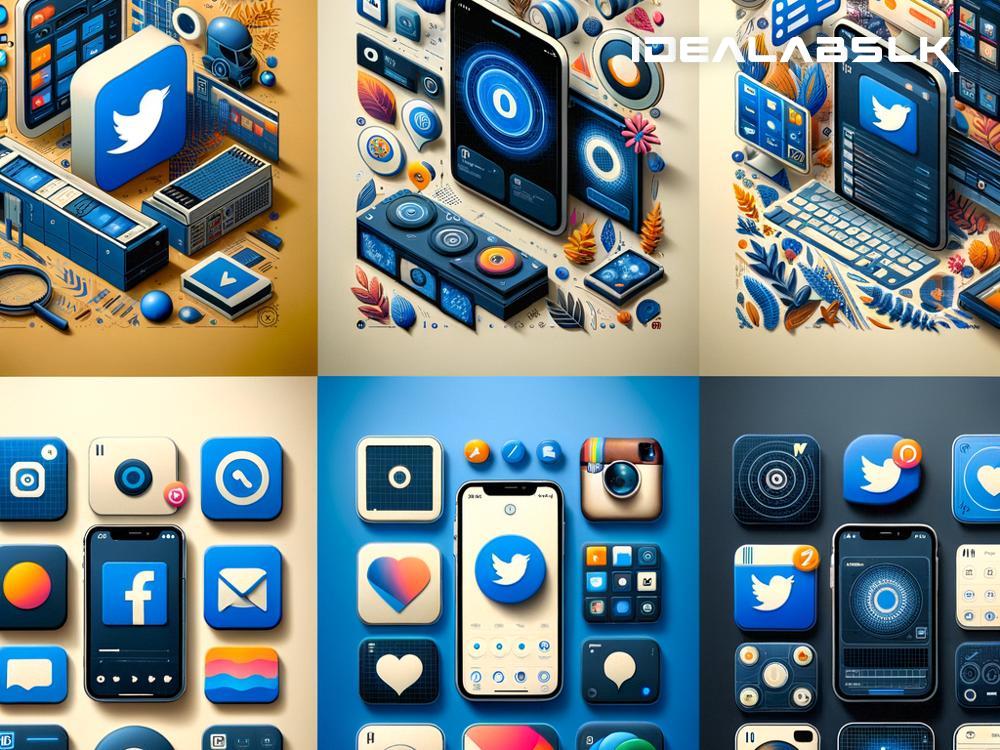How Facebook Changed the Social Media Landscape
In the realm of the internet, a revolution that reshaped the way we interact, share, and connect with one another took off in the early 2000s. This revolution was led by a platform called Facebook. Launched in 2004 by Mark Zuckerberg and his college roommates, Facebook started as a college directory featuring photos and personal information. Fast forward to today, it's not just a platform; it's a phenomenon that has altered the landscape of social media forever. Let's explore how Facebook turned the tide and became a cornerstone of the digital era.
Breaking Ground in Connectivity
Before Facebook, the concept of staying connected online was mainly through chat rooms, emails, and a few social networking sites that didn't quite hit the mark on user engagement and retention. Facebook, however, changed the game by introducing a space where users could create personal profiles, share photos, post updates, and connect with friends and family with unprecedented ease. This ease of connectivity brought people closer, transcending geographical barriers and creating a global village.
Evolution of Sharing
Facebook redefined what it meant to share. From status updates that tell your friends how you're feeling or what you're up to, to sharing news articles, photos, and videos, Facebook became the go-to platform for content sharing. This wasn't just about personal moments; businesses, celebrities, and politicians saw the potential in reaching vast audiences through posts and updates. Sharing on Facebook wasn't just a feature; it became a part of daily life for millions.
The Birth of a Business Ecosystem
One of the most profound ways Facebook changed the social media landscape is through its impact on the business realm. Facebook Pages allowed businesses, big and small, to create a presence on the platform, engage with their customer base, and run targeted ads. The introduction of the Facebook Ads platform revolutionized digital marketing, providing an array of tools for businesses to reach specific demographics, track engagement, and measure the effectiveness of their campaigns. This democratized advertising, offering every business, regardless of size, a chance to get noticed.
The Rise of Mobile Social Media
As smartphones became more accessible, Facebook was quick to adapt, creating a mobile app that would become one of the most downloaded and used across the globe. This shift to mobile meant that people were no longer tied to their desktops to connect; they could share moments as they happened, right from their phones. This mobility also amplified the platform's ubiquity, making it a constant presence in people's lives.
Influencing the Social Media Space
Facebook's innovations and successes have prompted other platforms to evolve and adapt. Features like the "like" button, timeline, and the concept of "tagging" friends in posts and photos have been emulated in various forms across the social media spectrum. Facebook's acquisition of Instagram and WhatsApp further expanded its reach and influence, integrating features across these platforms and creating a more unified social media experience.
Challenges and Criticisms
Despite its monumental success, Facebook's journey hasn't been without its challenges. Issues concerning privacy, data protection, and the spread of misinformation have sparked global debates. These challenges have prompted the platform to continually evolve its policies and tools to better protect its users and the integrity of the information shared.
A New Social Norm
Facebook didn't just change the social media landscape; it created a new social norm. It's hard to imagine a world without the ability to instantly connect, share, and communicate with people across the globe. Birthdays, events, personal milestones, and even social movements are now shared and supported through Facebook. It has become an integral part of how we express ourselves, advocate for causes, and maintain relationships.
Looking Ahead
As we look to the future, it's clear that Facebook's impact on social media and the broader digital landscape will continue to evolve. With advancements in virtual reality, artificial intelligence, and more, Facebook is poised to lead the charge into new realms of connectivity.
In closing, Facebook's transformation from a college networking site to a global social media powerhouse is a testament to its revolutionary impact. It has not only changed the way we interact online but has reshaped our societal fabric, making the world a seemingly smaller, more connected place.

